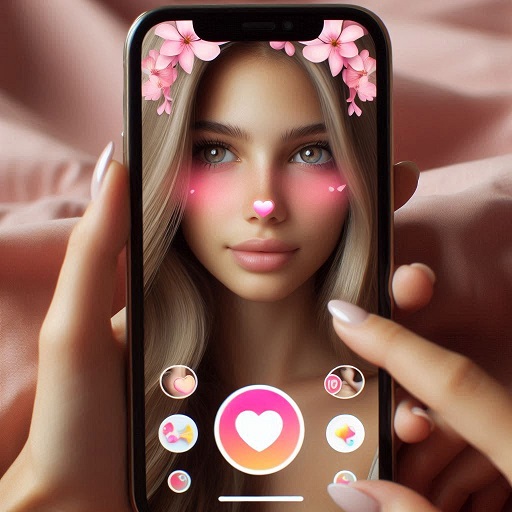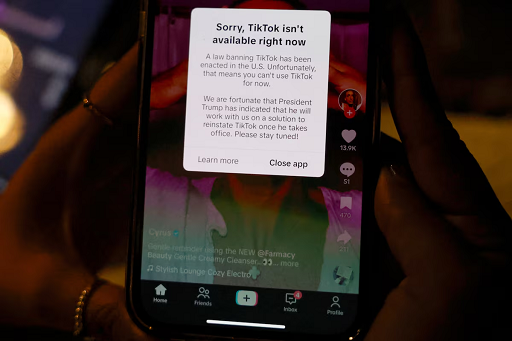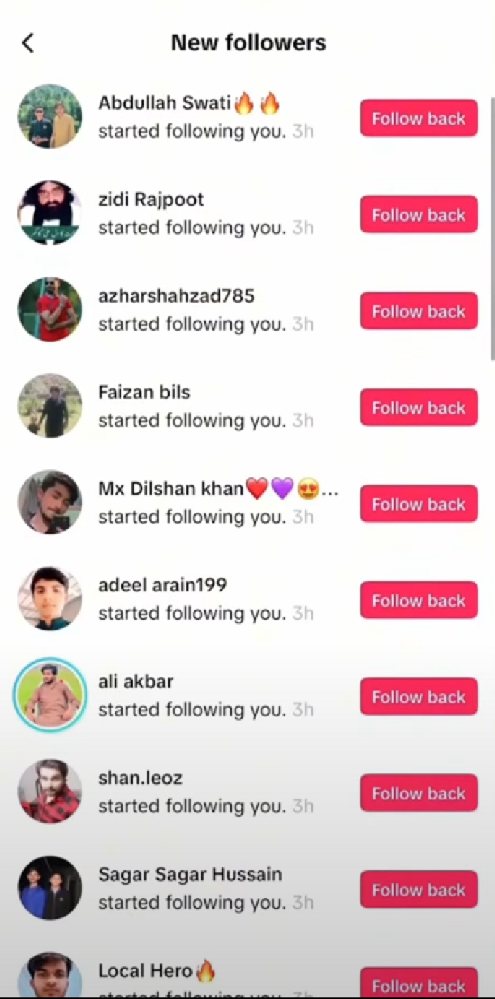In a move aimed at protecting younger users from the potential harms of beauty filters, TikTok has announced new rules that restrict their use for individuals aged 13 to 18. These changes come as part of broader efforts in the U.K. and EU to safeguard young people online.

What's Changing?
TikTok's new guidelines will ban filters that significantly alter a user's appearance, such as enlarging eyes, plumping lips, or changing skin tone. Filters like the Bold Glamour filter, known for drastically reshaping facial features, will no longer be available to teens. However, playful filters, such as those that add animal features like bunny ears or dog noses, will still be allowed.
In a move aimed at protecting younger users from the potential harms of beauty filters, TikTok has announced new rules that restrict their use for individuals aged 13 to 18. These changes come as part of broader efforts in the U.K. and EU to safeguard young people online.

What's Changing?
TikTok's new guidelines will ban filters that significantly alter a user's appearance, such as enlarging eyes, plumping lips, or changing skin tone. Filters like the Bold Glamour filter, known for drastically reshaping facial features, will no longer be available to teens. However, playful filters, such as those that add animal features like bunny ears or dog noses, will still be allowed.
The announcement was made during a safety forum in Dublin, Ireland, and aligns with recent legislative measures in the region, including the U.K.'s Online Safety Bill and the EU's Digital Services Act (DSA). Both sets of regulations push platforms to protect users from harmful content and promote transparency around algorithms.
Why Is This Happening?
Beauty filters on social media have been criticized for promoting unrealistic beauty standards and contributing to mental health issues among young users. Research from institutions such as Psychology Today and the Child Mind Institute highlights that frequent exposure to heavily altered images can distort perceptions of beauty, leading to low self-esteem, anxiety, and depression.
TikTok's changes aim to mitigate these effects. Chloe Setter, TikTok's head of child safety public policy, stated that the platform is improving its ability to detect and address violations, using machine learning to prevent users under 13 from creating accounts. Those mistakenly blocked will have the option to appeal.
Global Implications
While these restrictions are a response to regulations in the U.K. and EU, TikTok has announced that the new rules will roll out globally in the coming weeks. The platform aims to lead by example in addressing concerns over the impact of social media on mental health, particularly among younger audiences.
The Bigger Picture
The conversation about beauty filters is part of a larger debate about the role of social media in shaping self-image and mental health. In June, Dr. Vivek H. Murthy, the former U.S. Surgeon General, likened social media's influence to that of tobacco products, calling for greater regulation.
TikTok's efforts to curb the harmful effects of online content could serve as a blueprint for other platforms to follow, offering parents and guardians new tools to protect children in the digital age.
As the platform continues to grow, available on devices such as the iPhone 16 and Google Pixel 9, these changes mark a significant step toward fostering a healthier and safer online environment for all users.




